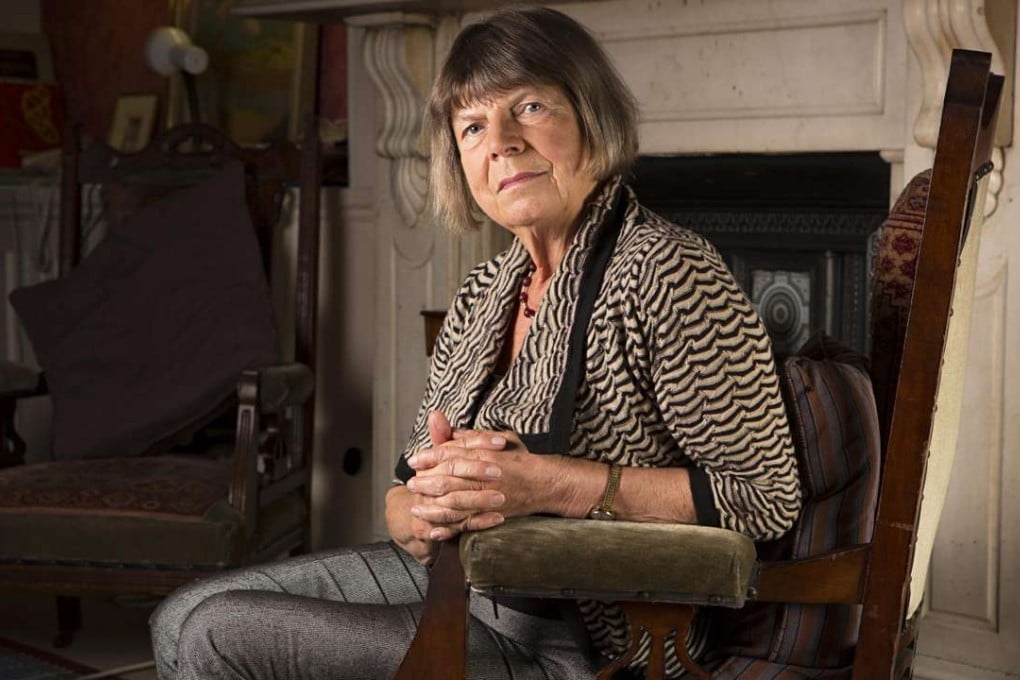Book review: Margaret Drabble surveys old age and its discontents
Like the job of one of her characters, Drabble’s novel could be described as ‘a bit of a downer’ but it’s saved by the depth and breadth of its characterisation – and the fury she keeps just below the surface


The Dark Flood Rises
by Margaret Drabble
Canongate
4/5 stars
The closing pages of Margaret Drabble’s previous novel, The Pure Gold Baby , contained a brief though significant aside concerning Maroussia Darling, a classical actor and grand dame of the north London enclave in which many of Drabble’s novels have been set: “We are old now and I heard this week from Maroussia that she has to have what she discreetly calls major surgery, and the prognosis is not good. She has had to pull out from the National. This is very sad news. We are dying off, one by one.”